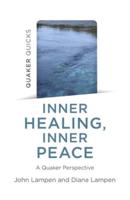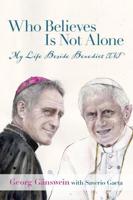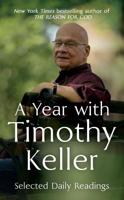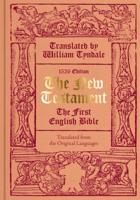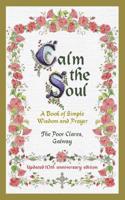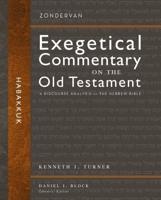Publisher's Synopsis
Most of the non-Muslim world hears, learns, or is exposed to Islam mostly through the news media and what Muslims and their Imams say about their religion. Similarly, most Muslims only know about Christianity and Judaism through their Imams, fellow believers, priests, pastors, and the news media. One way to learn about any religion is to read what has been written by the prophets, and not by hearsay. Why then the comparative study? The Qur'an is the basic foundation of Islamic faith where Muslims write their laws and guidelines for the practice of their faith. Similarly, Judaism bases its faith on the Books of Moses, and Christianity bases its faith on the Old and New Testaments of the Bible. When I read the Qur'an, I find there are over 136 references to Moses, the books of Moses, the Psalms of King David, more references to other ancient prophets like Jonah and Job, over two dozen references to Jesus and Mary his birth mother, as well as the Gospels, and the New Testament of the Bible. The Qur'an also instructs the people to follow the Books of Moses and the Gospels of Jesus. However, although the Qur'an makes references to many characters found in the Bible, in 95% of these cases the details of the same stories are very much different from that which are found in the Bible. The Islamic doctrines and tenets of the faith written in the Qur'an are much different from that of Judaism and Christianity.
Therefore, the intent of this study which compares the complete Qur'an with the Bible is to show the major foundational differences between the two great religions and their similarities. Without knowing our basic foundational differences, how then can we build a world of co-operation, friendship, and living peacefully together? It takes a certain amount of relentless courage and stamina to face and overcome the differences between the followers of the two great religions and tear down that wall of mistrust. It is ever so great a challenge, but let us begin with one small step




